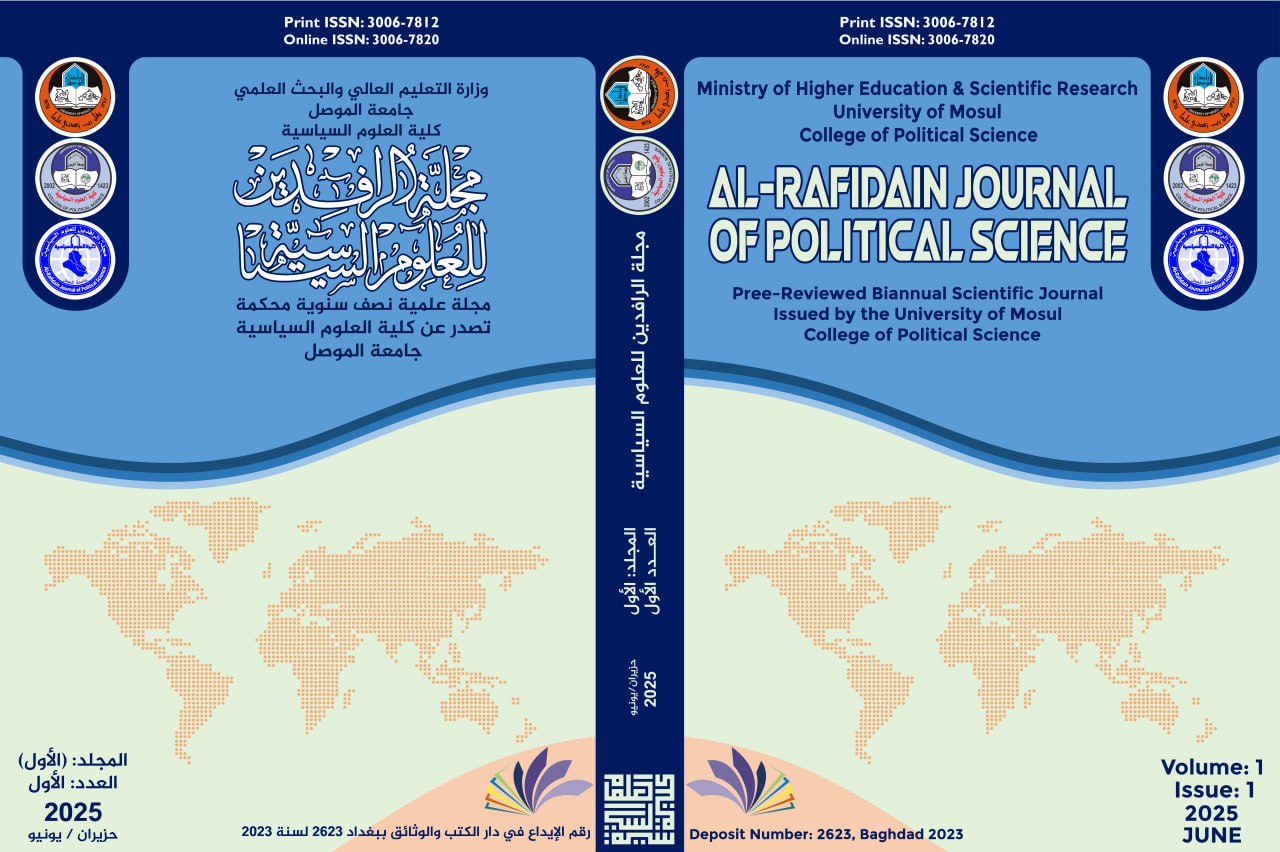Strategic Hedging by the Gulf Cooperation Council States Toward Regional Geopolitical Threats: Iran as a Case Study
Abstract
Countries, whether major or minor, pursue several options to preserve their security and status while limiting the influence of other powers. Traditionally, these options are hard and soft balancing, alignment and compliance, or neutrality. However, a new term has recently emerged in the strategic literature that explains the behavior of a state that pursues these policies, or some of them simultaneously. It is noted that it follows a policy of hard and soft balance towards another state that threatens its security, while at the same time engaging with it in a policy of bias towards a specific issue. This term is "strategic hedging," which explains the behavior of states, including the Gulf Cooperation Council (GCC) states, as an attempt to avoid security threats and risks in an international environment characterized by uncertainty and instability. The research was based on the problem of: Why and how did the Gulf Cooperation Council states pursue strategic hedging against Iranian geopolitical threats? The research reached a conclusion that: The hedging strategy has provided the GCC states with numerous strategic advantages, such as mitigating threats, preserving their security and existence, and ensuring the independence of their foreign policy. However, this strategy is a temporary option that entails certain challenges and costs, requiring the GCC states to Strengthening their economic and military capabilities.





